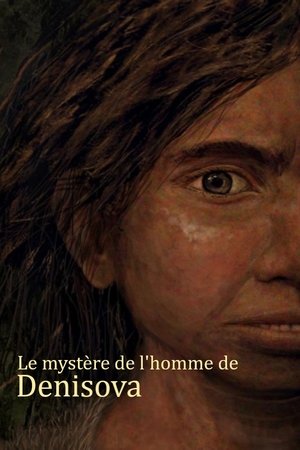What Makes Us Human?
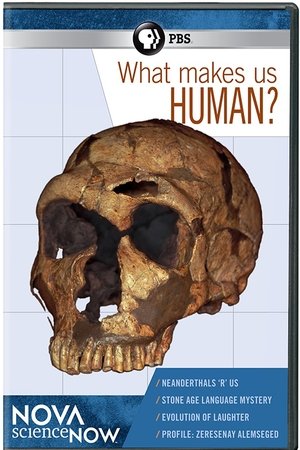
What Makes Us Human?
HomePage
Overview
Scientists have struggled for centuries to pinpoint the qualities that distinguish humans from the millions of other animal species with which we share the vast majority of our DNA. Now we explore those traits once thought to be uniquely human to discover their evolutionary roots.
Release Date
2012-12-11
Average
0
Rating:
0.0 startsTagline
Genres
Languages:
Keywords
Similar Movies
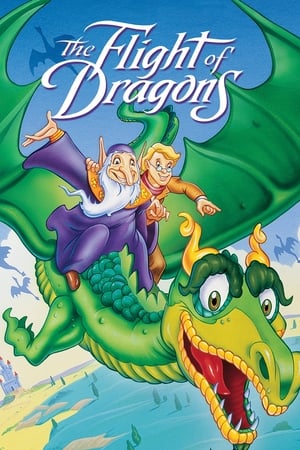 6.7
6.7The Flight of Dragons(en)
The realm of magic is being threatened by the realm of logic, so Carolinus, the green wizard decides to shield it for all time. Ommadon, the evil red wizard, stands in his way. Carolinus then calls for a quest that is to be led by a man named Peter Dickinson, who is the first man of both the realms of science and magic. It is Peter's job to defeat Ommadon.
 7.7
7.7On the Silver Globe(pl)
A small group of cosmic explorers, including a woman, leaves Earth to start a new civilization. They do not realize that within themselves they carry the end of their own dream. They die one by one, while their children revert to a primitive native culture, creating new myths and a new god.
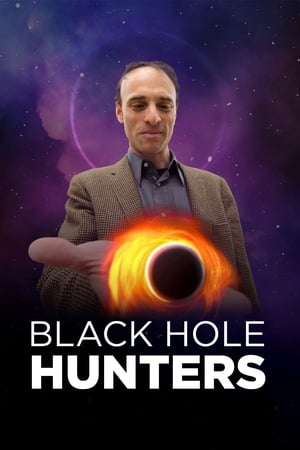 6.8
6.8Black Hole Hunters(en)
A team of international scientists attempt to document the first-ever image of a black hole.
 6.5
6.5Machine(en)
If machines can be smarter than people, is humanity really anything special?
 6.8
6.8If Only I Could Hibernate(mn)
Ulzii, a teenager from a poor neighborhood in Ulaanbaatar, is determined to win a sciences-physics competition to get a scholarship. His illiterate mother finds a job in the countryside, leaving him and his brother and sister in the middle of winter. Ulzii wanders around at night looking for things to burn for heat while preparing for the national competition.
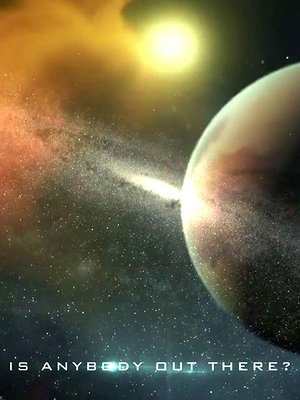 5.0
5.0Is Anybody Out There?(en)
The recent discovery by the Kepler satellite of thousands of Earth-like planets where life could be possible, has given a big boost to the Search for Extraterrestrial Intelligence (SETI). In 2011, for the first time ever, Kepler provided us with a census of the Milky Way. We can now calculate how many stars in the Milky Way could have a planet like ours: around a billion.
 0.0
0.0Mary Anning(en)
A woman hunts for fossils and makes a big discovery. But she doesn't get credit again.
 3.4
3.4Swamp Woman(en)
"Swamp Woman", is the story of Dr. Angela Honeydew whom possesses a scientific breakthrough serum that allows animals to genetically combine with their surroundings whether they are living or inanimate.
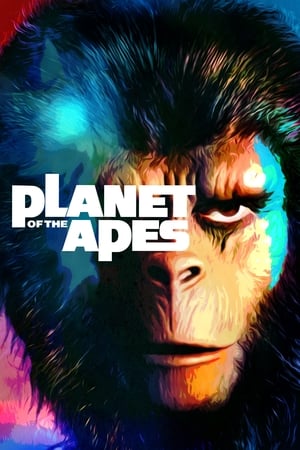 7.6
7.6Planet of the Apes(en)
Astronaut Taylor crash lands on a distant planet ruled by apes who use a primitive race of humans for experimentation and sport. Soon Taylor finds himself among the hunted, his life in the hands of a benevolent chimpanzee scientist.
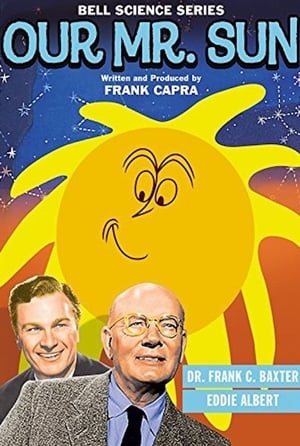 7.5
7.5Our Mr. Sun(en)
One entry in a series of films produced to make science accessible to the masses—especially children—this film describes the sun in scientific but entertaining terms.
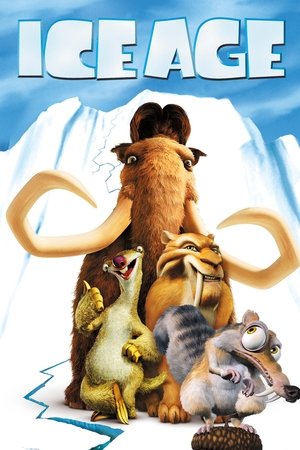 7.4
7.4Ice Age(en)
With the impending ice age almost upon them, a mismatched trio of prehistoric critters – Manny the woolly mammoth, Diego the saber-toothed tiger and Sid the giant sloth – find an orphaned infant and decide to return it to its human parents. Along the way, the unlikely allies become friends but, when enemies attack, their quest takes on far nobler aims.
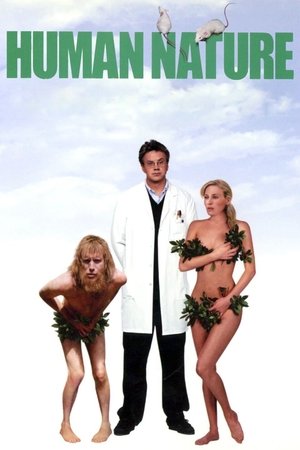 6.0
6.0Human Nature(en)
Obsessive scientist Nathan and his lover, the naturalist Lila, discover Puff: a man born and raised in the wild. As Nathan trains the wild man in the civilized ways of the world, Lila fights to preserve the man’s natural state. In the power struggle that ensues, an unusual love triangle emerges.
 7.5
7.5Microcosmos(fr)
A documentary of insect life in meadows and ponds, using incredible close-ups, slow motion, and time-lapse photography. It includes bees collecting nectar, ladybugs eating mites, snails mating, spiders wrapping their catch, a scarab beetle relentlessly pushing its ball of dung uphill, endless lines of caterpillars, an underwater spider creating an air bubble to live in, and a mosquito hatching.
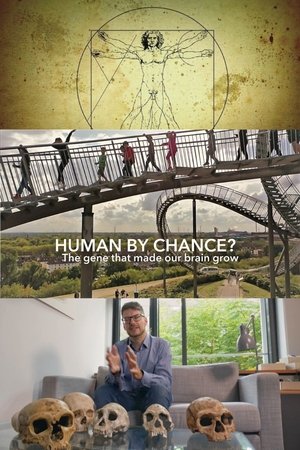 0.0
0.0Human By Chance?(en)
If we compare ourselves with our genetically closest living relatives, the chimpanzees, we have few physical advantages. We are far weaker, cannot move nearly as fast, and do not have the same climbing capabilities. Instead, humans excel in areas such as architecture, religion, science, language, writing, art, culture, and ideas. These achievements are due to our larger brain that contain billions of neurons. It was the rapid growth of our brain, originating about 2 million years ago, that allowed us to be the predominant species of the world. What caused this rapid growth of our cerebral cortex? Researchers worldwide have asked this question for many years, but now there finally seems to be an answer.
 7.6
7.6Attacking the Devil: Harold Evans and the Last Nazi War Crime(en)
Before the internet. Before social media. Before breaking news. The victims of Thalidomide had to rely on something even more extraordinary to fight their corner: Investigative journalism. This is the story of how Harold Evans fought and won the battle of his and many other lives.
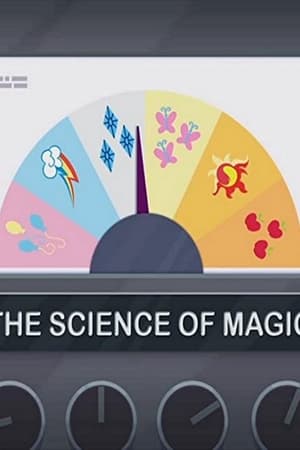 5.7
5.7The Science of Magic(en)
Sunset Shimmer studies her friends' pony hybrid transformations to better understand how magic works in the parallel world.
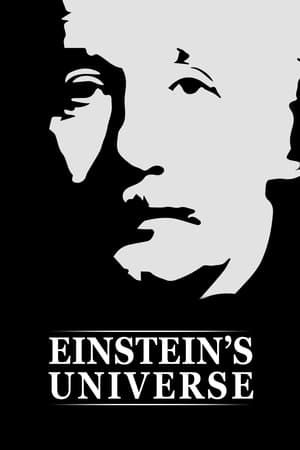 8.0
8.0Einstein's Universe(en)
A documentary produced in 1979 to celebrate the centenary of the birth of Albert Einstein. Narrated and hosted by Peter Ustinov and written by Nigel Calder.
 0.0
0.0The Unpredictable Factor(de)
In today's climate debate, there is only one factor that cannot be calculated in climate models - humans. How can we nevertheless understand our role in the climate system and manage the crisis? Climate change is a complex global problem. Increasingly extreme weather events, rising sea levels, and more difficult living conditions - including for us humans - are already the order of the day. Global society has never faced such a complex challenge. For young people in particular, the frightening climate scenarios will be a reality in the future. For the global south, it is already today. To overcome this crisis, different perspectives are needed. "THE UNPREDICTABLE FACTOR" goes back to the origins of the German environmental movement, accompanies today's activists in the Rhineland in their fight against the coal industry and gives a voice to scientists from climate research, ethnology and psychology.
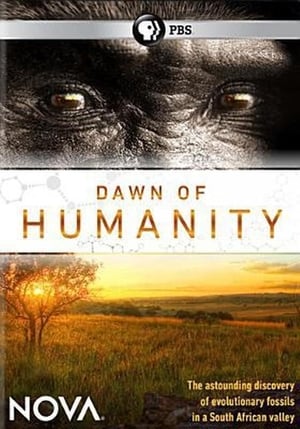 7.5
7.5Dawn of Humanity(en)
Nova and National Geographic present exclusive access to an astounding discovery of ancient fossil human ancestors.
